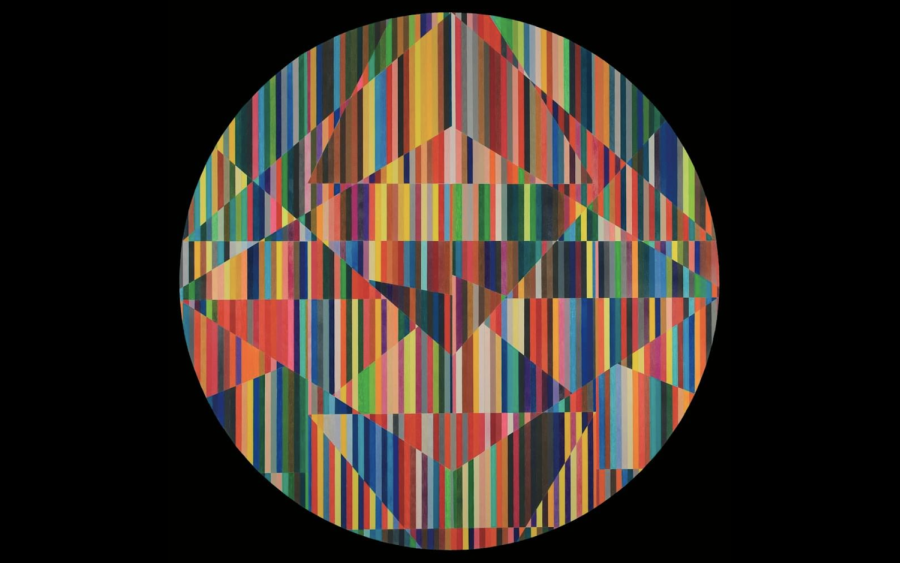Review | Sufjan Stevens’ ’Reflections’ weaves a ballet of the mind
Cover of Sufjan Stevens’ latest studio album “Reflections.”
May 26, 2023
Sufjan Stevens’ latest album, “Reflections,” came out on Friday. Those who actively follow Stevens’ work know that he is a dynamic singer, songwriter, composer and musician — however, “Reflections” was received with mixed reviews.
“Reflections” is a ballet score written by Stevens for ballet choreographer Justin Peck. It is written for 11 dancers and two pianos. Appreciators of piano would enjoy the vast range of techniques used for this album — it is like a story told with the instrument.
Interestingly, the album does not feature performance by Stevens. It is performed entirely by Timo Andres and Conor Hanick, classically trained pianists.
Without its intended dance performance element, the album may sound incomplete, but it can evoke vivid stories for its audience. “Reflections” is undoubtedly a musical masterpiece; it just needs a story to complete it.
Stevens previewed the album in April when he released the opening track, “Ekstasis.” Listening to “Ekstasis” back then, anyone would have stood up and thrown their arms in the air, lifted themselves like a ballerina and ended in a clumsy pirouette. This is the perfect opener for an album demonstrating a range of piano tunes.
Get The Daily Illini in your inbox!
Like “Ekstasis,” the whole album feels like a ballet. The tracks differ in their moods, evolving through the stages of a story. All of the tracks are open-ended. One could weave a thousand different stories for each track. This album is best enjoyed as a background soundtrack for a story in your head.
“Euphoros” is a joyful and light tune which transports the listener to a sunflower field. It is early in the album, so it is probably before any conflict is encountered in the story.
“Revanche” has the potential to put the listener into deep thought. This track alone is a fairy-tale-like journey. It starts in a heavy forte and descends to a softer tone, sharply ascends again, and goes on similarly. It is almost a conflict with a soft resolution.
“Mnemosyne” sounds like a track that would play as the prince convinces his princess to run away with him. “Rodinia” is one of the slowest, perhaps saddest pieces. It could be the part where the couple gets caught! It picks up tempo gradually and descends into a quiet end.
“Reflexion,” the penultimate track, stands out from the other pieces on “Reflections” so far. Prior to this piece, most of the pieces had similar themes and a consistent feel. “Reflexion” is different. It is tense and melancholic but proceeds into a hopeful transmission.
“And I Shall Come To You Like A Stormtrooper In Drag Serving Imperial Realness” is the final track on this unique album. It is the longest piece on “Reflections” — with the longest name, too. This six-minute musical rollercoaster is simply amazing.
The album has been criticized because of its “incompleteness,” but when one realizes the album is meant to complement a story, it makes more sense. It leaves an abundance of space to think and interpret.
If you haven’t listened to “Reflections,” it is worth your time — give your dreams a soundtrack.






